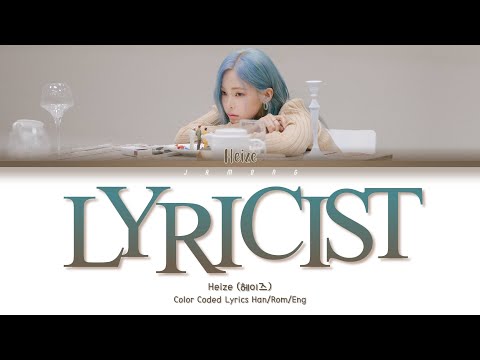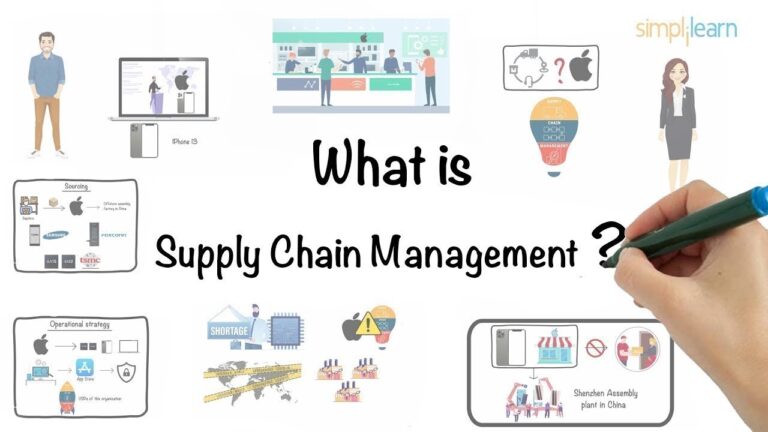Unlock Your Creativity: Lyricist Job Description & Salary
Lyricist Job Description and Salary
A lyricist is a creative professional who specializes in writing lyrics for songs. Their main role is to craft original and impactful words that convey emotions, tell stories, and resonate with the intended audience. A lyricist collaborates closely with composers, musicians, and performers to create songs that capture the essence of a particular theme or concept. They need to have a deep understanding of various musical genres, as well as the ability to adapt their writing style to fit different artists and musical styles.
In terms of job description, a lyricist must possess exceptional writing skills, a strong sense of rhythm and melody, and the ability to express complex ideas in a concise and memorable way. They also need to be able to work under tight deadlines and handle constructive criticism.
When it comes to salary, the earnings of a lyricist can vary greatly depending on their level of experience, reputation, and success in the industry. According to recent data, the average annual salary for a lyricist ranges from $30,000 to $100,000. Established lyricists who have worked with well-known artists or have written hit songs can earn even higher incomes. Additionally, some lyricists may receive royalties from the commercial success of their songs, further increasing their earnings.
In conclusion, a career as a lyricist offers the opportunity to combine a passion for writing with a love for music. While the job can be demanding and competitive, the potential for artistic fulfillment and financial success is significant for those who excel in this field.

Lyricist Job Description Template
Lyricist Job Description
A lyricist is a creative professional who specializes in writing the words or lyrics for songs. They work closely with composers and musicians to create impactful and memorable lyrics that convey a specific message or evoke certain emotions. Their role is essential in the music industry as they contribute to the overall artistic expression of a song.
The main responsibilities of a lyricist include brainstorming ideas, developing lyrical themes, and crafting lyrics that fit the melody and rhythm of a song. They often collaborate with singers or music bands to understand their vision and style, ensuring that the lyrics align with the intended message of the song. Additionally, they may need to adapt or revise lyrics based on feedback from the artists or producers.
Creativity and a strong command of language are crucial skills for lyricists. They must be able to express complex emotions and ideas in a concise and poetic manner. Attention to detail and the ability to work under pressure are also important, as lyricists often have to meet tight deadlines.
The work environment for a lyricist can vary. They may be self-employed, working as freelancers, or they may be employed by music publishing companies or record labels. Some lyricists may also collaborate with multiple artists and work on a variety of projects simultaneously.
In conclusion, a lyricist is a vital member of the music industry who crafts the words and messages that give songs their unique identity. Their talent and creativity contribute to the success and impact of a song, making them an essential part of the music-making process.
Lyricist Responsibilities
Lyricist Requirements
How Much Does A Lyricist Make?
Lyricist Salary
| Position | Salary Range |
|---|---|
| Entry-level Lyricist | $30,000 – $50,000 per year |
| Experienced Lyricist | $50,000 – $100,000 per year |
| Professional Lyricist | $100,000 – $200,000 per year |
| Highly Successful Lyricist | $200,000 or more per year |
In the music industry, a lyricist is responsible for writing the words (lyrics) to songs. The salary of a lyricist can vary depending on their experience, success, and the projects they are involved in. Entry-level lyricists can expect to earn between $30,000 to $50,000 per year, while experienced lyricists earn between $50,000 to $100,000 per year. Professional lyricists who have established themselves in the industry may earn between $100,000 to $200,000 per year. Highly successful lyricists, who have worked on hit songs or albums, can earn $200,000 or more annually. It is important to note that these salary ranges are estimates and can vary based on individual factors and the specific nature of the projects they are involved in.
Lyricist Salaries by Country
Top Paying Countries for Lyricist
| Country | Average Salary (USD) |
|---|---|
| United States | $75,000 |
| United Kingdom | $65,000 |
| Germany | $55,000 |
| Canada | $50,000 |
| Australia | $45,000 |
These figures represent the average salaries for lyricists in various countries. The United States offers the highest average salary of $75,000, followed by the United Kingdom at $65,000. Germany, Canada, and Australia also provide competitive salary packages ranging from $45,000 to $55,000. It is important to note that these figures can vary depending on factors such as experience, industry demand, and individual negotiations. Lyricists in these top paying countries have the opportunity to earn well in their profession, reflecting the value placed on their creative contributions to the music industry.
A video on the topic Lyricist
Interview Questions for Lyricist
1. How did you discover your passion for writing lyrics?
I have always been drawn to music and its ability to convey emotions. As a child, I would often find myself creating my own melodies and lyrics. This passion for writing lyrics developed further as I grew older and started exploring different genres of music.
2. What is your process for writing lyrics?
My process for writing lyrics usually starts with a concept or a theme. I try to capture the essence of that concept in a few key words or phrases. From there, I build upon those ideas and let the words flow naturally. I often find inspiration from personal experiences or observations of the world around me.
3. How do you overcome writer’s block when it comes to writing lyrics?
Writer’s block can be frustrating, but I have found a few techniques that help me overcome it. Sometimes, taking a break and immersing myself in other forms of art or nature can spark new ideas. Collaborating with other musicians or lyricists also helps to bounce ideas off each other and find new perspectives.
4. What do you consider to be the most important element of a well-written lyric?
In my opinion, the most important element of a well-written lyric is its ability to connect with the listener on an emotional level. A great lyric should evoke feelings, resonate with personal experiences, and tell a story. It should have a sense of authenticity and make the listener feel something.
5. How do you ensure that your lyrics fit well with the melody and overall composition of a song?
When writing lyrics, I often keep the melody and composition of the song in mind. I pay attention to the rhythm and meter of the music and try to match the lyrical flow accordingly. I also collaborate closely with the musicians and producers involved in the project to ensure that the lyrics and music complement each other harmoniously.
6. What advice do you have for aspiring lyricists?
My advice for aspiring lyricists would be to read and listen to as much poetry and music as possible. Study the lyrics of your favorite songs, analyze their structure, and try to understand what makes them resonate with you. Experiment with different writing techniques and styles, and most importantly, write from the heart.
7. How do you handle criticism or feedback on your lyrics?
Criticism and feedback are essential for growth as a lyricist. I try to approach them with an open mind and see them as opportunities to improve. I take the time to carefully consider the feedback, reflect on it, and make adjustments if necessary. It’s important to remember that not everyone will resonate with your lyrics, and that’s okay.
8. Can you share a memorable experience or achievement as a lyricist?
One memorable experience as a lyricist was when one of my songs was performed by a well-known artist. Seeing my lyrics come to life on stage and hearing the audience connect with them was incredibly rewarding. It solidified my passion for writing lyrics and motivated me to continue pursuing this creative path.
9. How do you stay inspired and continue to come up with fresh ideas for lyrics?
I find inspiration in everyday life, whether it’s through conversations, books, movies, or simply observing the world around me. I also make a habit of regularly writing down any ideas or phrases that come to mind, even if they don’t immediately make sense. This helps me to build a bank of ideas that I can draw from when I need inspiration.
10. What role do you believe lyrics play in the overall impact of a song?
Lyrics play a crucial role in the overall impact of a song. They have the power to convey messages, evoke emotions, and create a connection between the artist and the listener. Lyrics can make or break a song, as they are often the element that people remember and resonate with the most. They have the ability to transform a simple melody into an unforgettable musical experience.






